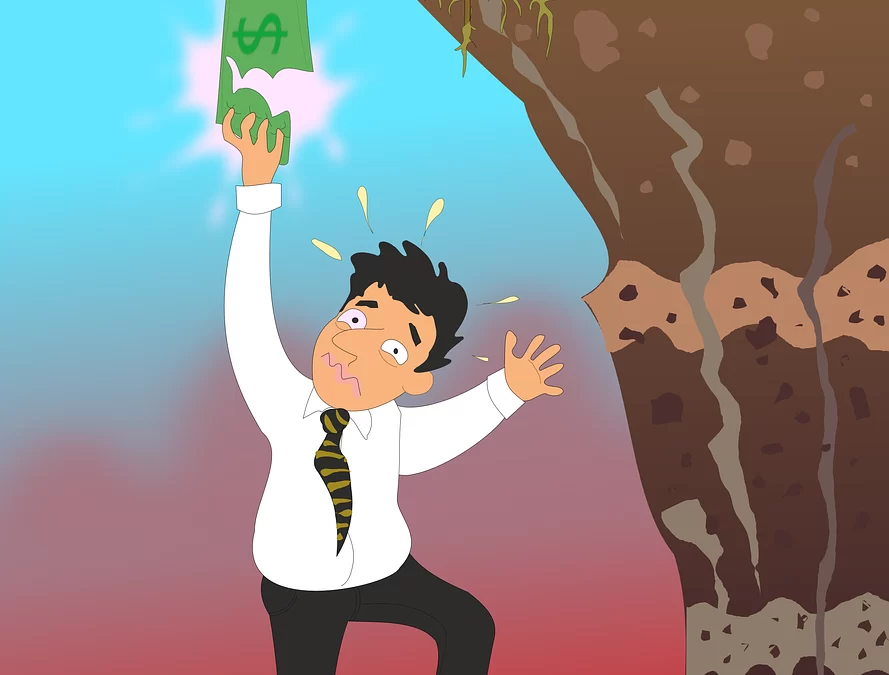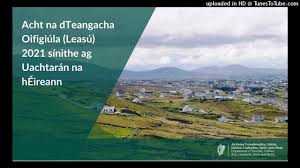
The future of the Middle East - conflicted!
Todhchaí an Mheánoirthir – Idir dhá cheann na meá!
The Israeli government was in a panic, after the recent horror when Palestinian militants attacked Israel. At the time of writing, more than 1,400 have been killed in Israel and more than 8,000 have been killed in Gaza since the conflict began on October 7. The Israelis had a choice between two tough options: launch a major invasion of Hamas in Gaza, guns blazing; or take a more prudent, measured approach.
Background
Most Palestinians live in the occupied Palestinian territories. The Israelis captured those territories in the six-day war in 1967. The Golan Heights were captured from Syria, the Gaza Strip and the Sinai Peninsula from Egypt, and the West Bank and Jerusalem from Jordan. Israel returned the Sinai Peninsula to Egypt in 1982. They pulled out of the Gaza Strip in 2005. For decades, Palestinians have been racially discriminated against in the occupied territories. The most horrific thing is the illegal settlements in the West Bank and East Jerusalem. From 2012 to 2022, the number of Israeli residents in the West Bank and East Jerusalem increased from 520,000 to over 700,000. These settlers are living illegally (according to international law) in 279 Israeli settlements throughout the West Bank, with 14 of them and 229,000 inhabitants in East Jerusalem. 147 of the settlements are outposts, which are illegal even under Israeli law.
Israel's efforts to expand Jewish settlements in the West Bank have intensified this year, reflecting the agenda of the right-wing government in Israel and prompting international criticism of a practice that violates international law.
The Palestinians say the settlements are encroaching on territories that will one day be part of their own state. The settlements also create a two-tier legal system in the territory – one set of rules for Israelis and another for Palestinians who live under military rule.
The Israeli approach creates a lot of tension between the Palestinians and the Israelis, and especially when the Israeli government is ignoring the Palestinians and their demands to have their own country.
Response to the Hamas Attack
The Israeli defense forces (IDF) have launched a ground invasion. Israeli Prime Minister Benjamin Netanyahu said “We are only at the beginning of the war against Hamas. What we do to our enemies in the coming days will hurt them deeply for generations to come."
Immediately after the Hamas attacks, Israeli forces have been carrying out continuous airstrikes on Gaza and the people of the area are lacking food, water and medical supplies. A ground invasion is underway but not much news is coming out, as the communications systems in Gaza were destroyed as part of the attack. It is very unfortunate that Israel did not follow the advice of the experts.
Advice from couple of experts
A couple of Middle East experts I respect have offered their suggestions. Thomas Friedman is an award-winning journalist for the 'New York Times' - including three Pulitzer Prizes! Here are a few words he recently wrote about what's going on in the Middle East, referring to President Biden's visit to Israel:
"I admire how President Joe Biden has used his compassion and physical presence in Israel to convince Israelis that they are not alone in their war against Hamas, while at the same time extended a hand to moderate Palestinians. Biden strongly urged the Israeli leadership to pause and to think about the next three steps forward – not only what they should do in the Gaza Strip to destroy Hamas, but also what should be done next to achieve peace and political stability.”
Yuval Noah Hariri is a historian, Professor of history at the Hebrew University of Jerusalem and a famous writer (who wrote 'Sapiens' and 'Homo Deus'). Here are a few words from him:
“The Israeli government says it wants to disarm Hamas, and it has every right to do so to protect its citizens. The disarmament of Hamas is also crucial for any chance of peace because, otherwise, as long as they remain armed, Hamas will be able to prevent that. Even if Israel succeeds in doing so, that is only a military achievement, not a political plan. In the short term, does Israel have any plans to salvage the peace deal between Israel and Saudi Arabia? In the long term, does Israel have any plans to achieve a comprehensive peace with the Palestinians and to normalize its relations with the world?”
Conclusion
The Israeli government went against the advice of the aforementioned experts, who were saying that this is the time for it to show unprecedented self-discipline. Hamas was expecting a fierce and violent response from Israel, which has happened and will end any chance for Israel to form alliances with Arab countries in the region. No doubt, Iran is happy to see that, with Israel stuck in an endless war.
It would be better to devise a new and more targeted approach against Hamas as soon as possible, and protect innocent people in the Gaza Strip. As part of that strategy, it would be necessary to stop building settlements in the West Bank and East Jerusalem immediately. These proposals are unlikely to happen today or tomorrow, and in the meantime innocent civilians will be slaughtered in droves.










